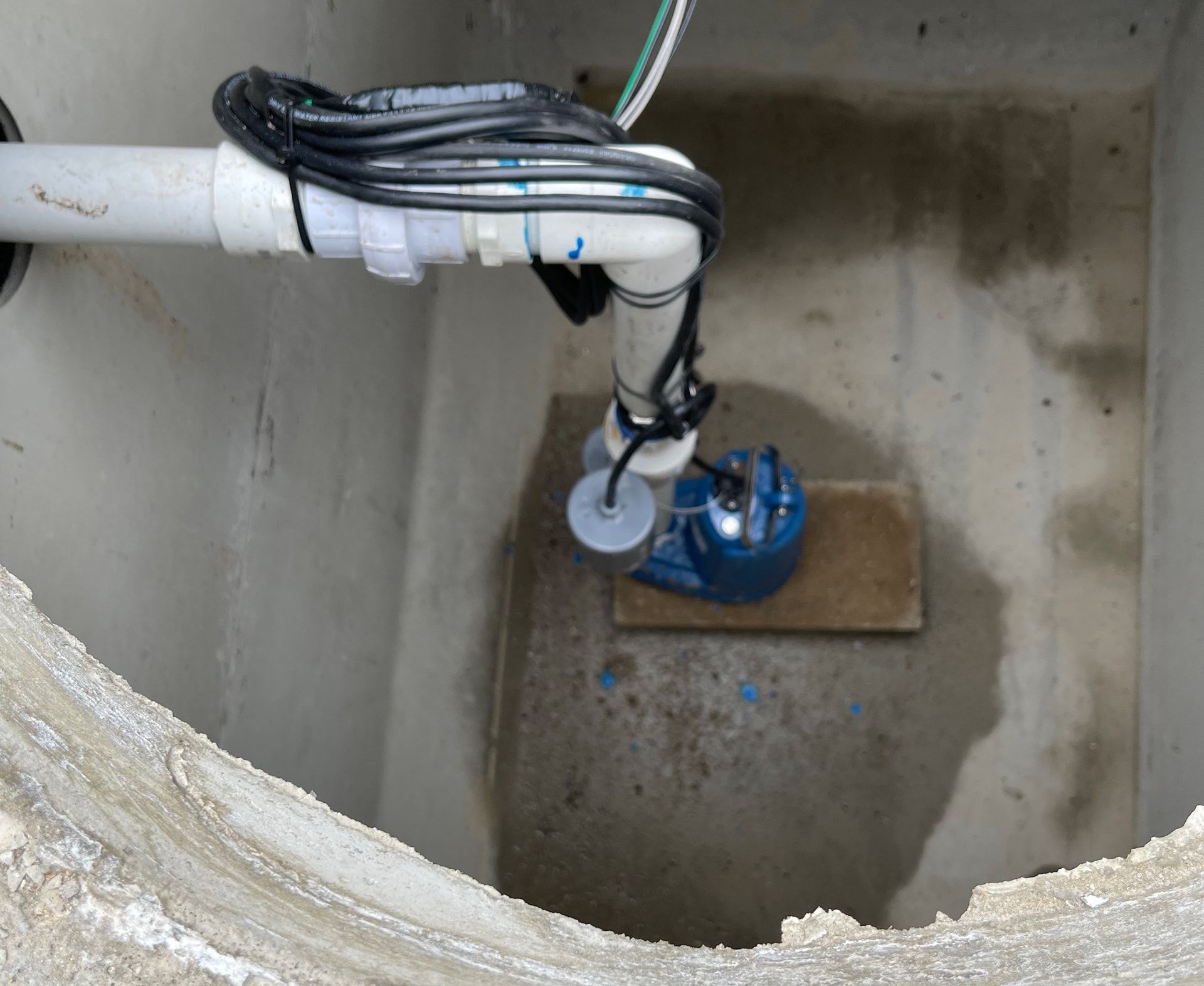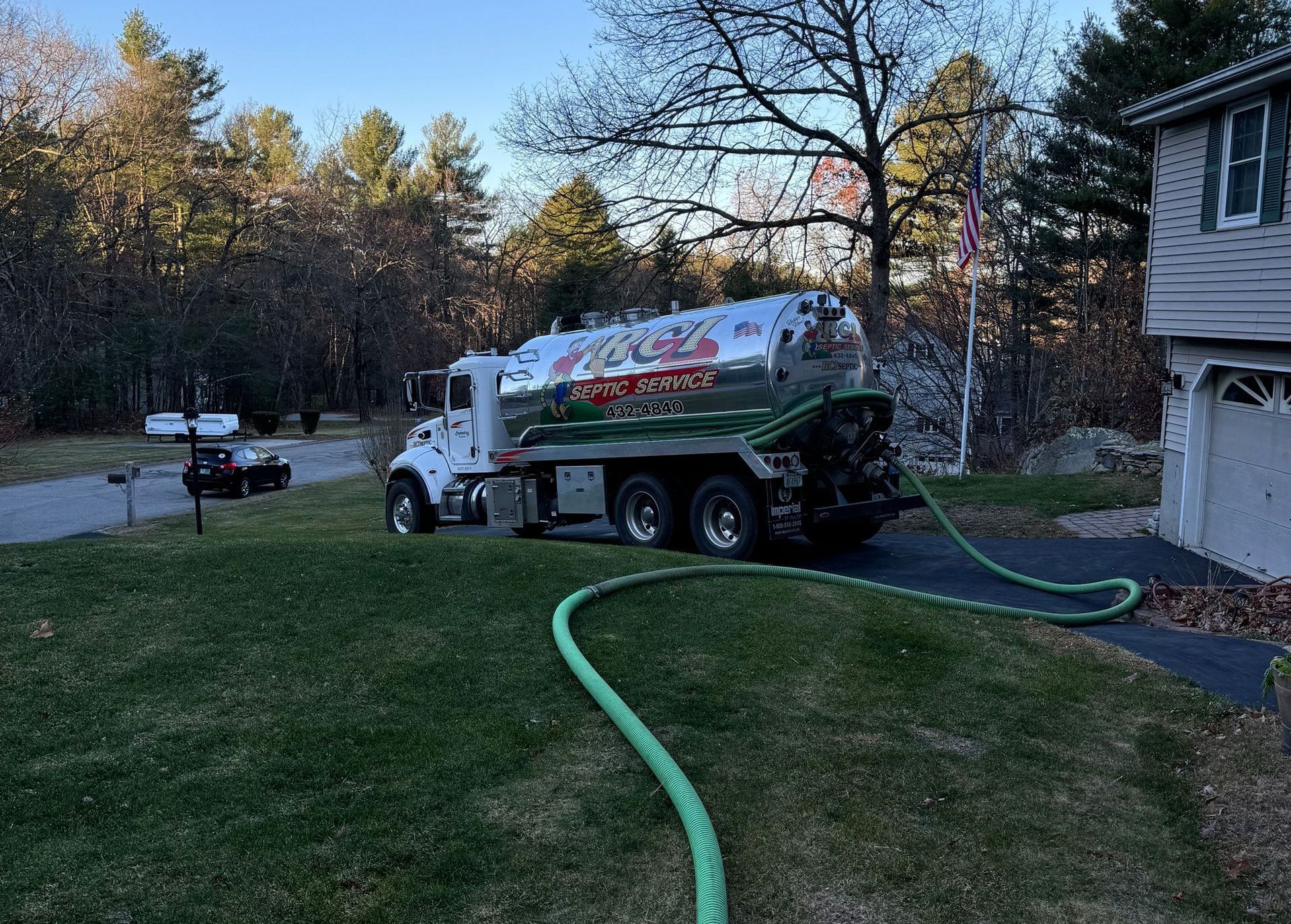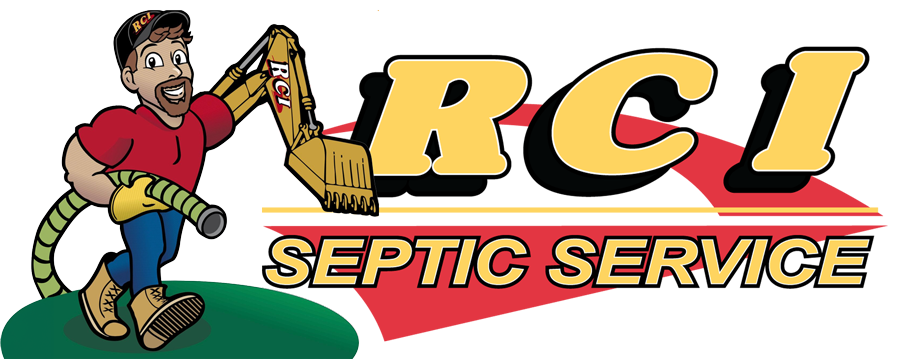How Often to Clean Septic Tanks: Essential Guide
You should clean your septic tank every one to three years, but knowing how often to clean septic tanks can depend on factors like household size and water usage. This article will guide you through these factors to help you decide the best schedule for your system.
Key Takeaways
- Septic tanks should be pumped every 1 to 3 years, depending on household size and water usage.
- Signs of a full septic tank include slow drains, gurgling sounds, and sewage odors, indicating the need for immediate attention.
- Regular inspections and professional maintenance are essential to prevent costly repairs and ensure a properly functioning septic system.

Understanding Septic Tank Maintenance Frequency
Septic tanks are the unsung heroes of household waste management, working quietly in the background to ensure that waste is processed efficiently. Regular septic tank pumping prevents costly repairs and ensures the system functions efficiently. The goal of a properly functioning septic system is to avoid polluting groundwater, which protects both the environment and public health. However, it’s important to strike a balance, as septic tank pumped too often can lead to unnecessary expenses and potential clogs due to bacteria imbalance. A septic tank pump can help maintain this balance effectively.
The frequency of pumping septic tanks varies based on household size, water usage, and the system’s age. Mindful water usage in daily activities helps maintain a healthy septic system. Understanding these factors helps gauge the timing for the next septic tank service.
Factors Influencing Cleaning Frequency
Several major factors determine how often you need to pump your septic tank:
- Larger households produce more waste, requiring more frequent septic tank pumping.
- Smaller families with larger tanks may require less routine maintenance.
- The type of fixtures in your home, such as high-efficiency toilets, can significantly impact the cleaning frequency by reducing water usage.
Water usage habits also play a crucial role. Toilet use accounts for roughly 25 to 30% of indoor water consumption, and excess water can rapidly fill the system, necessitating more frequent maintenance. Older septic systems may need more frequent pumping due to degradation over time.
Lastly, regular inspections are key. Household septic systems should be inspected at least every three years to ensure optimal performance. The materials used in the septic system and the frequency of maintenance significantly influence its longevity. Altogether, these factors help determine the cleaning frequency for maintaining a healthy septic system.
Recommended Cleaning Intervals
Household septic tanks generally require pumping every three to five years. For a household of four, the recommended interval is every three years to prevent the accumulation of solids that can lead to system failures. The amount of solids present in the wastewater significantly affects the frequency of septic tank pumping.
RCI Septic Service, a trusted provider in Londonderry, New Hampshire, recommends septic emptying intervals as follows:
- Yearly for households with five or more people
- Every two years for households with three to four people
- Every three years for households with one to two people
Adhering to these general guidelines ensures your septic system remains in good working order.

Signs Your Septic Tank Needs Cleaning
Recognizing the warning signs of a full septic tank can prevent significant headaches and expenses. Common indicators include:
- Slow drains
- Gurgling sounds in the pipes
- Lush grass around the tank area
- Pooling water
- Sewage odors
- Sewage backup
Standing water or foul odors suggest that your septic tank needs immediate attention.
A strong sewage smell around your home signals a septic tank issue requiring prompt inspection. Gurgling sounds in the pipes indicate air pockets trapping fluids, a common sign of a full or malfunctioning septic tank.
Lush, green grass around the septic region can indicate an overflow, suggesting the tank isn’t effectively managing waste.
How to Check Sludge and Scum Levels
Monitoring sludge and scum levels is crucial for maintaining your septic tank. A measuring stick can assess sludge level to determine if pumping is needed. High sludge levels can clog the drain field, causing slow drains or backups, and contribute to the formation of a sludge layer.
Regular checks prevent costly backups and maintain the septic tank’s function. If unsure about sludge and scum levels, schedule a professional inspection to ensure everything is in order, including the scum layer.
Consequences of Neglecting Septic Tank Cleaning
Neglecting regular septic tank pumping leads to severe consequences:
- Failure to maintain septic systems can lead to the spread of diseases due to harmful pathogens in wastewater.
- Improper care exposes residents to harmful bacteria and viruses from wastewater.
- A full septic tank can lead to yard flooding with raw sewage, contaminating the surrounding environment. For effective proper maintenance, it's important to know the location of your septic system.
The financial implications are significant. Neglecting maintenance leads to costly repairs, making consistent upkeep essential for homeowners. The most common cause of septic tank failure is improper maintenance, which can significantly increase repair costs.
Common Failures Due to Lack of Maintenance
Several common failures can occur due to a lack of regular maintenance. Neglected septic systems can result in financial burdens due to costly repairs or replacements. Failure to maintain a septic system contaminates local water sources, posing environmental hazards.
Lack of maintenance may lead to drain field failures, causing serious plumbing issues. Clogged pipes can occur when solids build up in the septic tank due to infrequent cleaning, affecting the soil and tree roots.
These issues underscore the importance of regular maintenance to avoid expensive repair and ensure the system is functioning properly, along with additional resources.

Professional Septic Tank Services
Professional septic tank services ensure thorough maintenance, critical for the system’s longevity and proper function. Professionals can identify issues that may go unnoticed by homeowners. They ensure proper waste disposal in compliance with local regulations, maintaining a healthy septic system.
Inspection of alternative septic systems is advised annually to ensure they are functioning correctly. Trusting professionals ensures your septic system works efficiently and meets all regulatory requirements.
What to Expect During a Professional Cleaning
A professional septic tank service involves a thorough inspection of the tank and its components. The technician will inspect the system, remove waste, and ensure the tank is clean and functional.
Specialized equipment is used to effectively pump out the tank pumped, ensuring no waste is left behind. This thorough process is part of regular maintenance that keeps your septic system in optimal condition.
Choosing a Reliable Septic Service Provider
Choosing a reputable septic service provider is crucial to ensuring your septic system is maintained properly and functions efficiently. Hiring professionals guarantees thorough and safe service, reducing the risk of mishandling and ensuring regulatory compliance.
A professional cleaning service includes an inspection, tank pumping, and a detailed report of the tank’s condition, ensuring all maintenance aspects are addressed. These steps help maintain a healthy septic system and prevent septic tank failure.
DIY Septic Tank Maintenance Tips
Between professional services, regular maintenance is crucial for the longevity and efficiency of your septic system. Avoid flushing non-septic-safe items like wipes and cat litter down your drains to maintain septic health. Proper waste disposal prevents clogs and ensures the smooth operation of your septic system.
Implementing these practices can help you avoid frequent septic tank pumping and maintain a functioning system. Following these tips ensures your septic system works efficiently and remains in good condition.
Proper Waste Disposal Practices
Waste disposal practices directly affect septic system performance. As a rule of thumb, only human waste and toilet paper should be flushed down the toilet. Baby wipes or wet wipes should never be flushed down the drain due to their potential to cause blockages.
Here are some important guidelines regarding drainfields and cat litter:
- Cat litter can clog pipes if flushed down the toilet.
- Avoid laying concrete and asphalt on top of a drainfield to prevent damage.
- Plant trees, native grasses, and ground covers over a drainfield is a suitable and safe practice.
Water Usage Efficiency
Replacing toilets with high-efficiency models significantly reduces household water use, as toilets account for 25 to 30 percent of total household water consumption. ENERGY STAR washing machines use 50% less water than standard models, contributing to substantial water savings.
To conserve water, spread laundry loads throughout the week instead of washing large amounts at once. A running or leaky toilet can waste about 200 how many gallons of all the water more water per day, straining septic systems and increasing water bills.

Special Considerations for Different Seasons
Seasonal variations significantly affect septic system maintenance, with winter presenting unique challenges. Adapting your maintenance routine for different seasons helps keep your system functioning efficiently year-round.
Preventing Septic Tank Freezing in Winter
Covering inspection pipes and manholes with insulation can help minimize heat loss from septic tanks. A thick layer of mulch, such as straw or leaves, can provide additional insulation for septic systems during winter. Insulating materials like Styrofoam can be used over septic tanks to help prevent freezing.
In winter, maintaining some level of water usage in the septic system is crucial to avoid freezing. Keeping vehicle traffic off the septic system area prevents damage and frost penetration.
Summary
Regular maintenance of your septic tank is essential for preventing costly repairs, protecting public health, and safeguarding the environment. By understanding the factors that influence cleaning frequency, recognizing the signs of a full septic tank, and taking proactive steps to maintain your system, you can ensure your septic system works efficiently year-round.
Hiring professional services and following DIY maintenance tips can significantly extend the life of your septic system and provide peace of mind. Take action today to keep your septic system in top condition and avoid the common pitfalls of neglect.
Frequently Asked Questions
How often should I pump my septic tank?
To maintain optimal function, you should pump your septic tank every year if your household has five or more people, every two years for three to four people, and every three years for one to two people. Regular maintenance is key to avoiding costly repairs.
What are the signs that my septic tank needs cleaning?
If you notice slow drains, gurgling sounds, lush grass over the tank, pooling water, sewage odors, or backups, it's a clear indication that your septic tank needs cleaning. Addressing these issues promptly can prevent more serious problems.
What should I avoid flushing to maintain my septic system?
To maintain your septic system, avoid flushing non-septic-safe items such as wipes, cat litter, feminine products, and dental floss. Only human waste and toilet paper should be disposed of in the toilet.
How can I prevent my septic tank from freezing in winter?
To prevent your septic tank from freezing in winter, insulate inspection pipes and manholes, apply a thick layer of mulch over the system, and maintain regular water usage. These measures will help keep the system functional during colder temperatures.
Why should I hire a professional septic service provider?
Hiring a professional septic service provider guarantees thorough maintenance, compliance with regulations, and the detection of potential issues that homeowners might miss. Their expertise and specialized equipment ensure your septic system operates efficiently and reliably.


